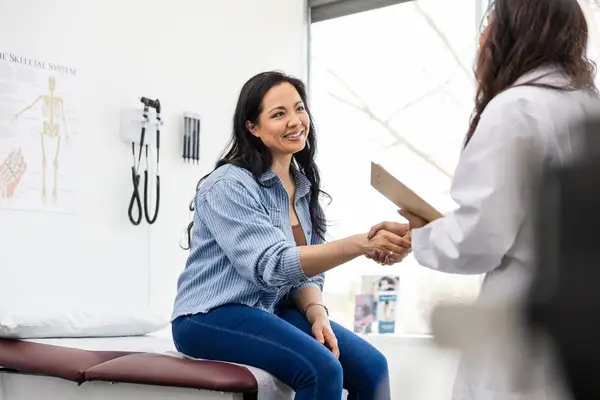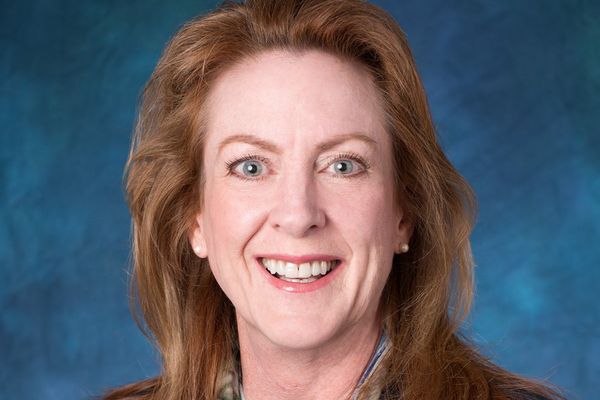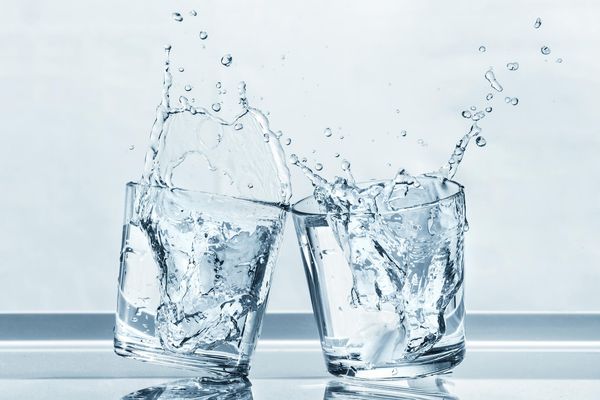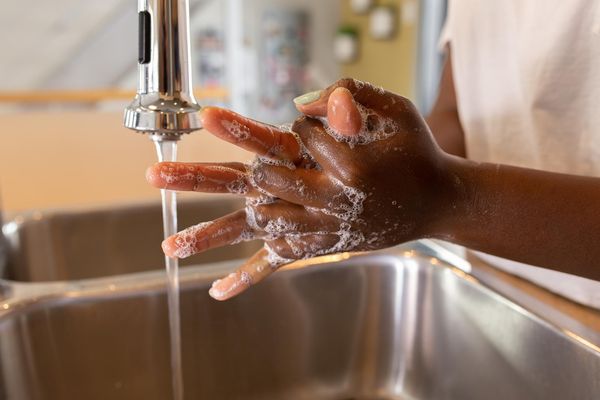"Ooh, I love the way this colonoscopy prep tastes. Bring it on!" said no one, ever.
Let me reassure you. It's so common to dread it. In fact, it's the procedure before the procedure that causes most people — myself included — the most angst. It's hard to find an equivalent of unpleasantness. (All I can think of is going to the dentist times a zillion.)
But it's a necessary evil. A squeaky-clean colon is the best way to detect colon polyps and colon cancer early, when it's easiest to treat. Any debris or particle left behind could hide something serious lurking beneath the surface.
Read: Comic – Meg Gets a Colonoscopy >>
Squeaky-clean is important, because if you don't follow the instructions and clean out your colon well enough, the doctor can't get a full view — and you may be sent home to repeat the prep. All over again (my worst nightmare).
If the prep your healthcare provider (HCP) gives you is different from the one your friend got, it's because there are many over-the-counter and prescription preps out there. Every HCP has their favorite that they swear is the best.
Or they may choose a specific one for you if you have a special health consideration (like chronic kidney disease or inflammatory bowel disease).
Types of colonoscopy preps
Some colonoscopy preps require you to drink 4 liters (almost a gallon) of prep solution and water, while others require just 10 ounces or can be taken as a pill. These lower-volume preps taste better according to some folks, and require drinking 2 to 3 liters of fluid instead of 4.
For people who have difficulty drinking the liquid solutions, some HCPs prescribe pills that must be taken with clear fluid. There are 24 pills that must be taken, each with a sip of water every one to two minutes.
The pills may be better tolerated but carry a warning from the U.S. Food and Drug Administration because they can cause dehydration, electrolyte imbalances and kidney damage in some people, as can oral phosphate sodium liquid solutions (Fleet Phospho-soda EZ-Prep, Fleet Accu-prep).
Tips for a better colonoscopy
I've been having colonoscopies since I was 50 — although the updated guidelines now say you should begin at 45 — and I’ve used several different preps. It seems that each time I have a colonoscopy, my HCP raves about a different prep that her patients like and insist is "so much easier to take." Um, no. I've never met a bowel prep I would say I “liked.”
And yet there are ways to make your colonoscopy prep better. To that end, I've put together a list of tips and tricks for making the cleanout a bit more tolerable.
(Always check with your HCP before following any of this advice.)
A few days before the prep
- Don't eat foods with small seeds (like cucumber, kiwi or bread with sesame seeds). These can get in the way of the cleansing process.
- If you're constipated ahead of prep time, let your HCP know. You may be instructed to drink a laxative like magnesium citrate so that you won't be constipated on the day you start the cleansing process.
- Switch to a low-fiber diet a week before your exam.
- Start your soft diet a couple of days earlier than recommended.
- The day before the prep, you can only have clear liquids or foods like popsicles, Jello, clear coffee or tea, and chicken broth. One patient says she strains out the chicken and noodles from chicken noodle soup, which results in a better-tasting broth.
- Avoid any fluids containing red, blue or purple food coloring, which can mimic the color of blood in the colon.
Powering through the prep
- Start the prep a few hours earlier than recommended so your sleep is not disrupted.
- Chill the prep and drink it through a straw.
- Suck on a hard candy after drinking the solution.
- Drink plenty of clear liquids; staying well hydrated helps to flush the prep through your system.
- Drink Gatorade, Powerade or Pedialyte (for people with diabetes) in addition to water for hydration; avoid red, blue or purple drinks.
- Some doctors advise a split-dose prep, meaning you'll take half the prep the evening before and the other half the morning of the procedure. One study found that split preps resulted in less intense bowel movements with a shorter duration, improved bowel preparation, and were less inconvenient than traditional preps.
- If you use GoLYTELY, mix it with orange- or lemon-flavored Crystal Light.
- MiraLAX mixed with Gatorade is easier to deal with, some people report. Chase it with cold water.
During the prep
- Stock up on baby wipes.
- Treat yourself to three-ply, extra-soft toilet paper (make sure it's unscented to avoid irritation).
- Use Preparation H, petroleum jelly or diaper rash ointment to ease soreness.
- Make sure your phone is fully charged and you have a good book or two to read to help pass the time.
The finish line — after the prep!
- The end of the colonoscopy is bliss, like waking up from a great nap.
- You can eat or drink whatever you want, but ease back in slowly.
- That first sip or bite will be heavenly, no matter what the food.
- You have permission to expel gas as often and as loudly as you’d like.
- Congratulate yourself on prioritizing your health.
- Colorectal Cancer: What Every Woman Needs to Know ›
- How Fiber Can Reduce Your Risk for Colorectal Cancer ›
- Fast Facts: What You Need to Know About Colorectal Cancer Screening ›
- We Need to Talk About Colorectal Cancer - HealthyWomen ›
- Meg Gets a Colonoscopy - HealthyWomen ›







